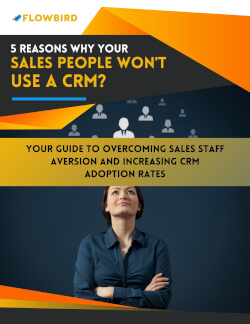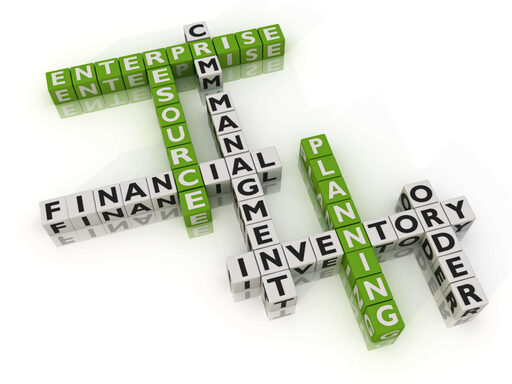What can a CRM System do for a company?
All businesses thrive on the same principle of customer satisfaction. Since the customer is king, the success or failure of the business significantly depends on the rapport created between the client and the company. For a small enterprise, simple tools like spreadsheets make customer management possible. However, keeping track of all customers and sales can be overwhelming as the business grows. That is where the CRM system comes into play. Most companies today, both small and large enterprises, realise the importance and need for CRM.
Customer Relationship Management (CRM) is software designed to improve existing customer relations for a business. It is a system created with the customer in mind at the very core. Although it looks to drive sales for the company, it achieves that by making amends to customer relations. Seamless integration across communication platforms, better-targeted communication and improved teamwork are CRM systems that boost sales. This article highlights what Customer Relationship Management software can do for a company.
Seamless Integration of Multiple Platforms
Manually track all the customer data from the website, email, and social media pages. Managing all these areas from a single platform with CRM software is possible. The seamless integration saves time and effort and helps the sales personnel to make more profit. Viewing all critical data on dashboards makes it possible to do analytics and draw meaningful conclusions to assist in decision-making.
Identifying and Harnessing Prospective Customers
Having more customers is not a guarantee for more sales. Concerted efforts must be to retain customers and get the most out of them. Focusing on the customers with the most impact on the business will drastically push sales by eliminating wasted efforts on non-profitable links. With the Customer Relationship Management system, a company can track their client inventory, keep up with the sales history and predict which clients have the most potential. Moreover, analysis and assessment from the CRM system help identify and win prospective sales.
Efficient Contact Management
Maintaining track of and updating all customer details is difficult, especially for numerous clients. Follow-up visits and calls make the most sales for any business. CRM gives reminders on follow-ups and prompts on post-sale visits to help the company retain the customer. Consequently, due to proper customer management, there is improved customer satisfaction. A satisfied customer will stay on board, thereby guaranteeing future sales.
Easier Collaboration Within the Team
A CRM system works with cloud-based data storage facilities. That means data exists on virtual memories in the cloud from where remote access is possible across multiple devices. As a result, team members can work efficiently from their remote locations with all the data they need just a click away. Moreover, data updates are immediate, and digital data platforms make sharing easier. Work output, staff morale, and sales will increase with teams working in sync.
Creating Targeted Campaigns for Higher Sales
Marketing is the backbone of a business. It provides a platform to tell the customer about its products and values. For marketing to be effective, it is necessary to understand the customer. The company can formulate targeted campaigns by knowing their preferences, spending patterns, and habits. The outcomes of targeted campaigns are more promising since they offer the client exactly want they want. Targeted campaigns also create a high probability of landing more sales. Additionally, through multichannel integrations, the company can reach more interested clients.
Providing Process Automation
CRM software offers automation that eliminates tedious and redundant administrative tasks. The business does not need to keep updating spreadsheets manually. Therefore, salespersons can focus more on customer care, improving customer satisfaction. As customer relations improve, sales will also go up. Automation also eliminates errors and provides standardised sales processes that help the organisation make customers happy.
Reasons Why Your Sales People Won’t Use a CRM?
Your guide to overcoming sales staff aversion and increasing CRM adoption rates
Let’s get real: your CRM system was expensive. You invested time and money into researching, purchasing, rolling it out and renewing it. Thus, staff CRM adoption is not an option. It is a mandate. Your CRM is your portal into your company’s operations, and sales data and your sales team agreement are required to meet their full potential. Yet CRM avoidance is a real thing, and crafting a plan to manage reps who shirk your system is something you’ll have to do.
Most CRM systems are not doing enough to help in the sales process. Salespeople avoid it because it doesn’t advance their interests.
So what features should you shop for to get engagement from your salespeople?
Unless, of course, you roll out a CRM application your salespeople will want to use.
This free e-series provides valuable insight into the minds and preferences of salespeople and highlights the features your CRM must have to encourage use.
Our free e-series will help you:
- Understand the difference between a bulky CRM and a workable one
- Balance management requirements and sales team reporting priorities
- Recognise the importance of data capture on mobile devices
Find out why your salespeople won’t use a CRM today and start improving adoption today.


